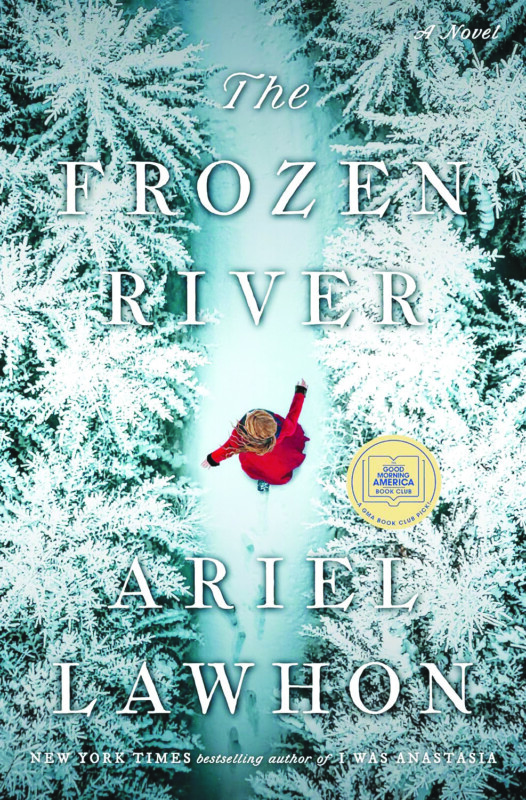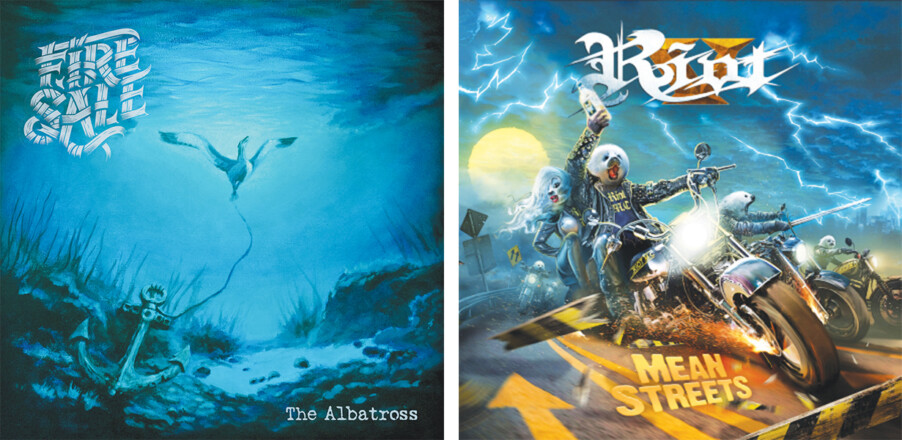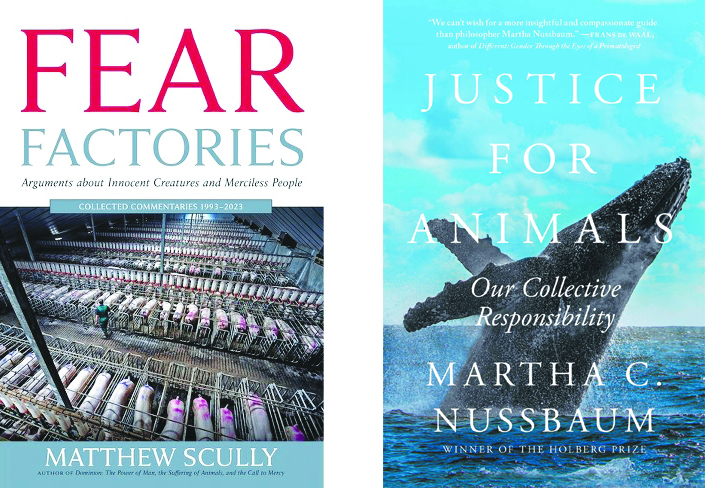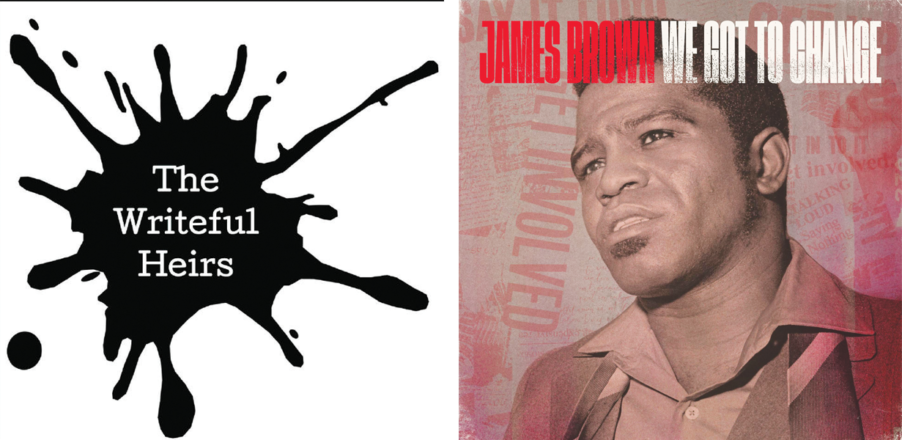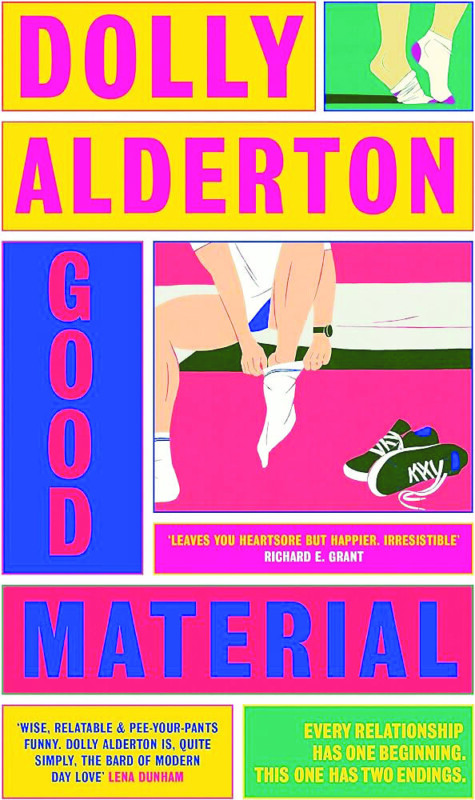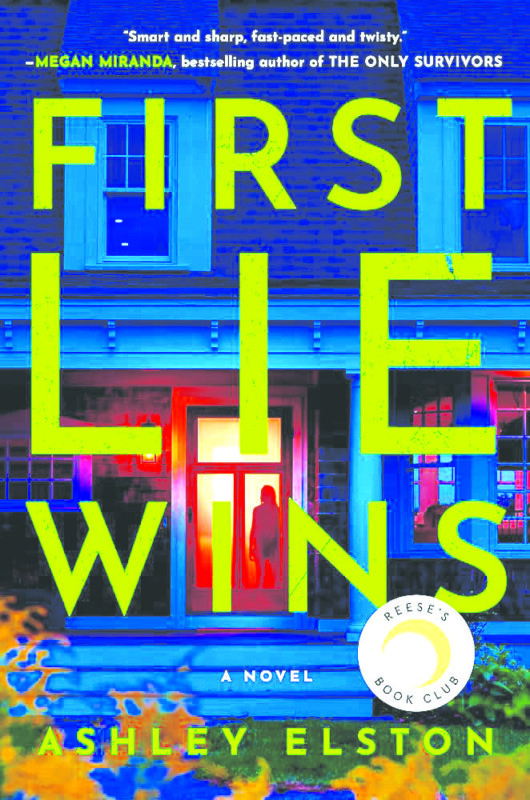The Women by Kristen Hannah (St. Martin’s Press, 480 pages)
I am not, generally speaking, a lover of historical fiction, but something about the way Kristen Hannah does it is so right: a rich blend of shocking truths, visceral emotions and captivating characters. She did it well with Four Winds and spectacularly with The Nightingale, and she does it again with her latest, The Women.
The Women is set in the era of the Vietnam War. I am not a history buff, which is probably why I don’t veer toward historical fiction often, so I’m not sure if I wasn’t paying attention when being taught about the Vietnam War in school, or if it was just never talked about in a way that made any kind of lasting impression. Or at all. In any case, it was news to me to read that veterans coming home were spit on and shunned, and that the government, for a long time, wasn’t sharing the depth of the devastation that was happening overseas.
Frances McGrath — Frankie — joins the Army as a combat nurse and heads off to war at the age of 21. She’s following in her brother’s footsteps and hopes — naively — to make a place for herself on her dad’s “heroes wall,” which features photographs of all the men in the family who have served their country.
But when she tells her parents that she’s signed up for a tour, they’re horrified.
“‘Take it back. Unvolunteer.’ Mom looked at Dad. She got to her feet slowly. ‘Good Lord, what will we tell people?’”
It wasn’t the future that her parents expected for her, or that society approved of.
“Frankie had been taught to believe that her job was to be a good housewife, to raise well-mannered children and keep a lovely home. In her Catholic high school, they’d spent days learning how to iron buttonholes to perfection, how to precisely fold a napkin, how to set an elegant table.”
Instead, amidst the backdrop of war, Frankie grows up. We watch her lose her innocence as she’s confronted with gruesome injuries and innumerable deaths at work, deplorable living conditions, oppressive weather in the form of heat and monsoons, and a social scene that includes a lot of drinking. She arrives as a young girl who doesn’t smoke, doesn’t drink and easily turns down propositions from married men. She’s not the same girl when she returns to Coronado.
Hannah splits the book into Frankie’s time at war and the years following her return. Both time periods are bleak for Frankie, for obvious reasons when she’s at war and for some pretty depressing reasons when she comes back home, including that the country seems to have turned on its veterans. On top of that, few people believe that women served in Vietnam. Her parents, whom she so badly wanted to impress, pretend she wasn’t there.
Through it all, fellow Vietnam nurses and “hooch” mates — bunkmates — Barb and Ethel are by Frankie’s side whenever she needs them. They show her the ropes when she arrives, and they show up at her door when she’s spiraling downward at home. The three women come from very different backgrounds, and despite the divergent paths they take when they return to the U.S., they never lose touch. More than once, Barb and Ethel prove to be Frankie’s lifeline. It’s a beautiful friendship, adding bursts of color to an intrinsically dark story.
And, of course, there are men, many of whom vie for Frankie’s attention. Love happens, in complicated and heartbreaking ways. But those are secondary stories, really; there is no doubt that Hannah’s intention is to give a voice to the women who served in Vietnam.
Although this is a work of fiction, Hannah makes it very clear in her author’s note and acknowledgments that she did a lot of research and talked to a lot of people who experienced the war, so I have to believe that most of Frankie’s experiences were not embellished or exaggerated. Hannah also notes that she originally used fictional names of places, but her Vietnam War readers felt strongly about keeping those details accurate, so the settings are all real.
There are a couple of moments toward the end of the book that seem somewhat contrived, but this is a small quibble, and honestly, the whole story might seem contrived if you didn’t know it was based in large part on real experiences.
Hannah superbly blends the heaviness of war with the frailty of humans at their most vulnerable — and often at their best. A
—Meghan Siegler



